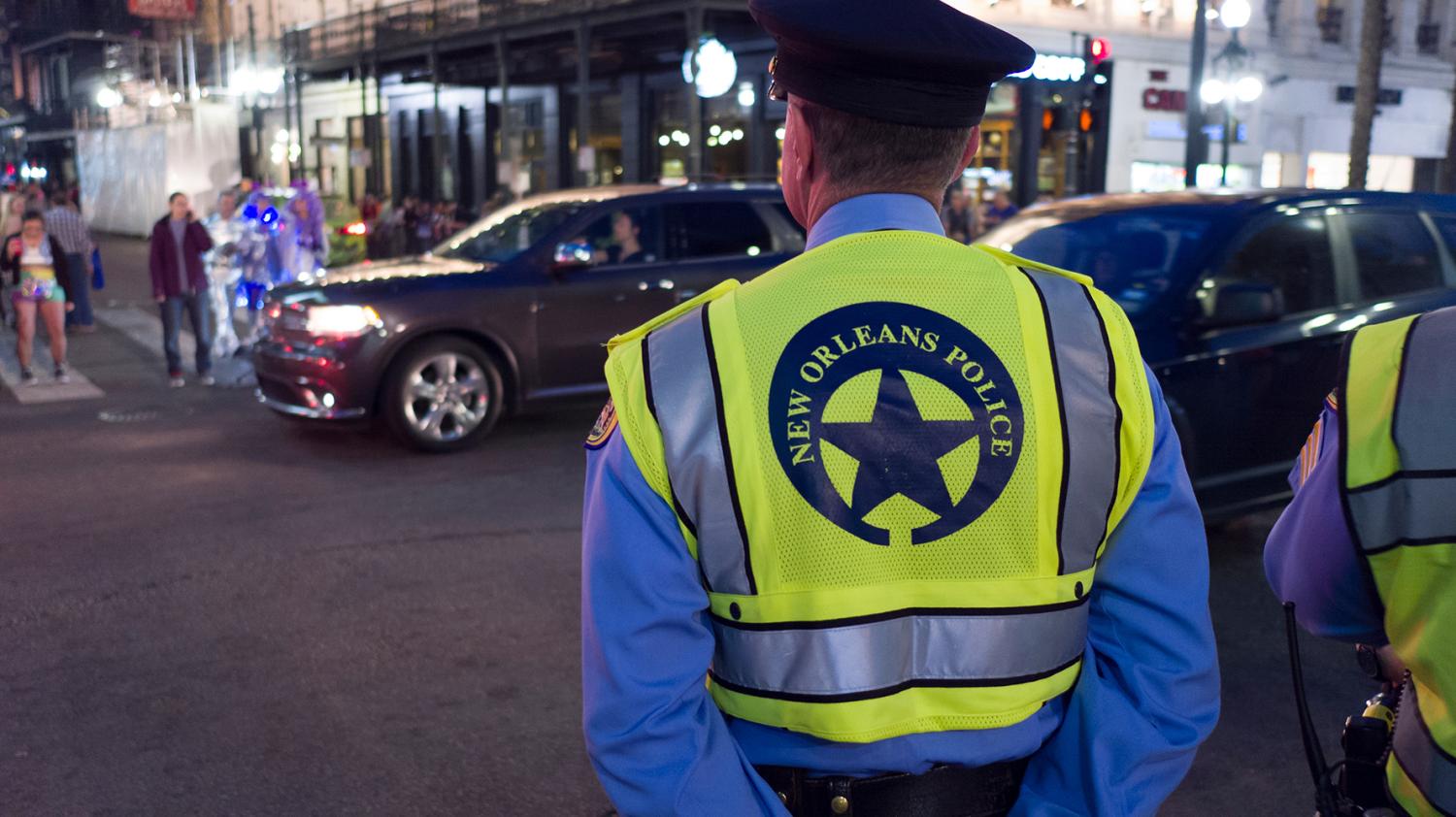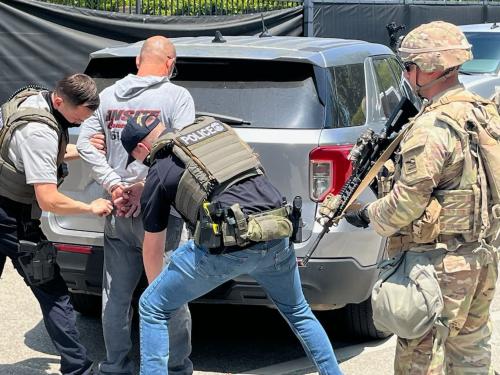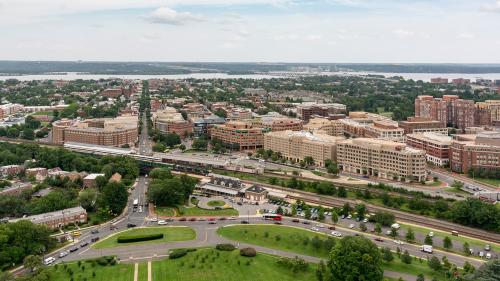New Orleans is a resilient city, rebounding after disasters again and again, with local policy reforms contributing to safe and thriving communities despite the state’s tough-on-crime posture. The cascading disasters of Hurricane Katrina, Hurricane Rita, and subsequent levee failures in 2005 caused widespread destruction and prolonged displacement throughout the region. They were followed by hurricanes Ike in 2008, Isaac in 2012, and Ida in 2021, the COVID-19 pandemic from 2020 to 2023, and the long-standing underfunding of public services—all of which have had comparably adverse impacts on the well-being of New Orleans’ residents and the social-legal infrastructure of the city.
Following each disaster, societal issues are exacerbated, with rising rates of poverty and homelessness, increasing job losses, escalating rates of violence, and deepening educational and mental health challenges becoming pervasive as the social, economic, health care, and political infrastructure systems of New Orleans operate on the verge of collapse. When disasters strike, residents lose access to their families, friends, communities, educational pursuits, jobs, and careers, as well as access to health care and mental health professionals.
This report explores the community safety ecosystem in New Orleans, the criminal legal system that shapes it, and how the criminal legal system operates as a catch basin for broken social systems. With a particular focus on the state’s efforts to undo criminal justice policy reforms, we examine these interconnected and interdisciplinary topics to show how New Orleans today is similar to New Orleans in 2020 and 2005. New Orleans and its residents continue to survive, with many thriving and many being left behind, so we detail how more can be done to bolster community resilience and limit the ability of the criminal legal system to erode the resilience of vulnerable populations, while also highlighting local successes as our springboard to recommend policy changes, including:
- Create and implement human-based systems focused on addressing mental health issues for adults and for children in schools
- Increase the stock of affordable rental housing and the number of available housing vouchers
- Prioritize diversion, restorative justice, and substance use treatment programs and adopt recovery-treatment based programs
- Embrace economic policies such as raising the minimum wage and increasing vocational and educational programs, combined with apprenticeships
Acting on these recommendations is necessary to build resilient, thriving communities across metropolitan New Orleans, reduce the cascading effects that disasters create for individuals, families, and communities, and prepare for the next disaster.
Read more
This report is part of a series from Brookings Metro and The Data Center examining the New Orleans metro area across key policy areas including housing, community safety, and flood adaptation. The series provides local leaders with tools to mitigate future disaster risks for the most vulnerable communities.
The Brookings Institution is committed to quality, independence, and impact.
We are supported by a diverse array of funders. In line with our values and policies, each Brookings publication represents the sole views of its author(s).





